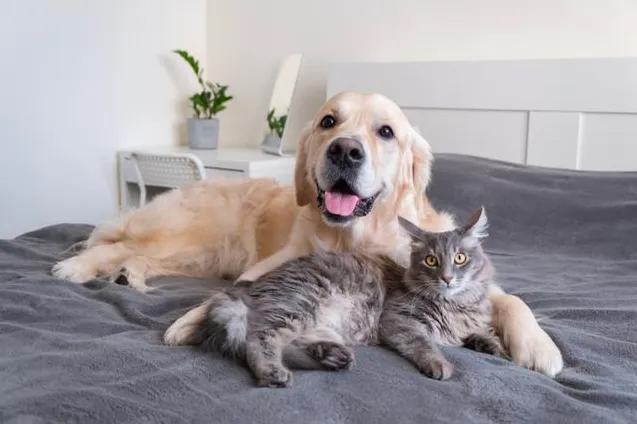In our daily lives, pets have become part of our family, and we care and love them as much as our own relatives. Sometimes pets may be poisoned by accidentally ingesting toxic substances or coming into contact with harmful substances. At this time, we need to take emergency measures to save the pet's life.
Common causes of poisoning in pets
1. Ingestion of toxic substances: Pets may ingest toxic substances due to curiosity or hunger, such as household cleaners, pesticides, plants, etc.
2. Exposure to harmful substances: Pets may be poisoned by prolonged exposure to certain chemicals or gases, such as paint, paint thinners, gas cleaners, etc.
3. Food poisoning: Pets may be poisoned by eating spoiled or toxin-containing food, such as food containing bacteria or mold, plants containing toxins, etc.

Emergency treatment for pet poisoning
1. Get out of the toxic environment quickly: If your pet is poisoned by exposure to harmful substances, you should quickly take it out of the toxic environment and ensure that it is no longer exposed to toxic substances.
2. Induce vomiting: If your pet vomits soon after being poisoned, you can try to induce vomiting. Gently press your pet's throat with your fingers to help it spit out the toxic substances. Be careful not to use too much force to avoid hurting your pet's throat.
3. See a doctor as soon as possible: Send your pet to a veterinarian for diagnosis and treatment as soon as possible. Describe the pet's symptoms in detail to the veterinarian, such as vomiting, diarrhea, and difficulty breathing, as well as the cause of the poisoning and the measures taken. The veterinarian will perform necessary examinations and treatment on the pet according to the situation.
4. Keep your pet quiet and warm: While waiting for the veterinarian to arrive, try to keep your pet quiet and avoid overstimulating it. At the same time, keep your pet's body temperature and ambient temperature appropriate to prevent hypothermia.
5. Do not feed or give water to pets: After pets are poisoned, do not feed or give them large amounts of water to avoid aggravating their condition or causing more complications.
For pet poisoning, we must first remain calm, take emergency measures quickly, and send the pet to a veterinarian for diagnosis and treatment as soon as possible. At the same time, we must also strengthen our own prevention awareness, pay attention to the safety and health of pets, and avoid contact with toxic substances or eating harmful foods. Through our efforts and care, let our pets grow up healthily and happily.
To learn more visit SX-Pet Nutrition


